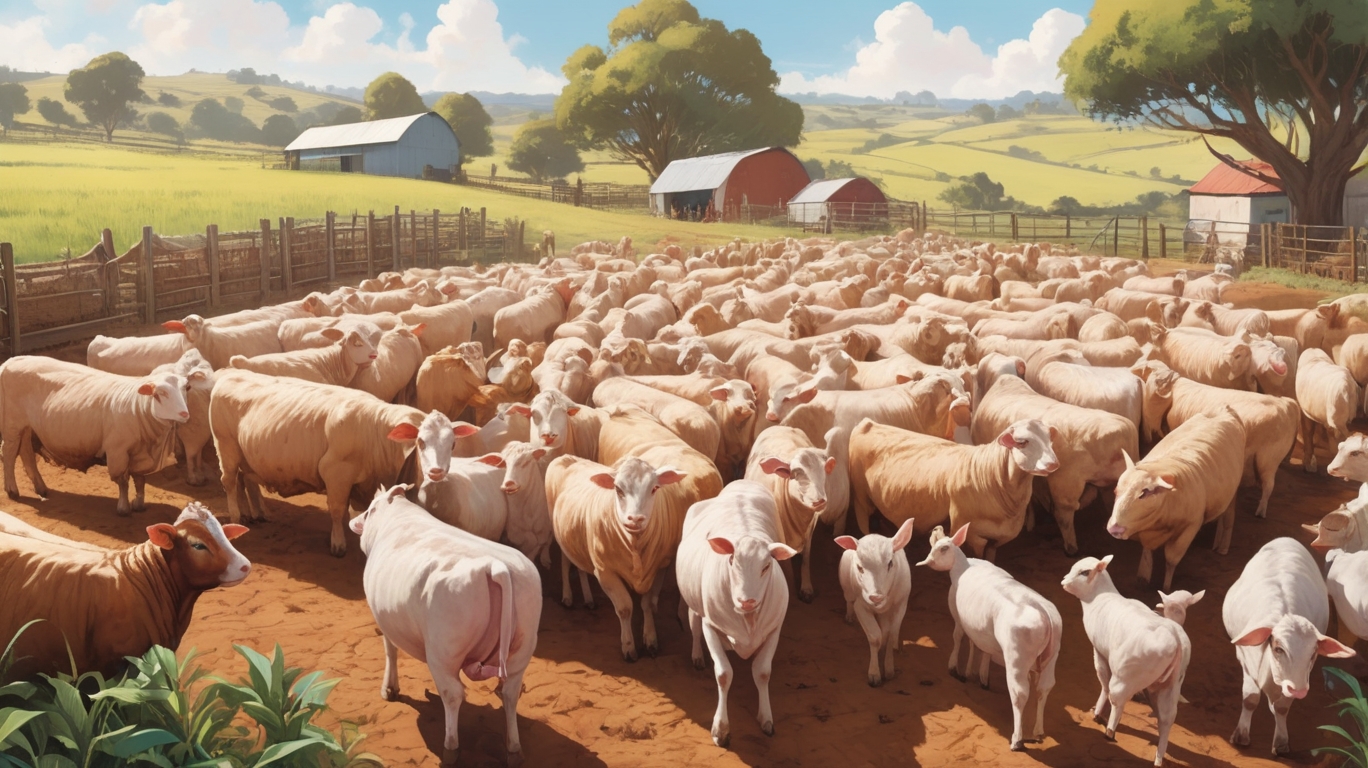Ethical Livestock Farming: What You Need to Know
In recent years, more people have become conscious of where their food comes from and how it’s produced. Ethical livestock farming is a practice that prioritizes animal welfare, environmental sustainability, and fair treatment of workers. If you’re curious about what makes farming “ethical” and why it matters, this guide will help you understand the key principles and benefits.

What Is Ethical Livestock Farming?
Ethical livestock farming is an approach to raising animals that ensures their well-being while minimizing harm to the environment. Unlike industrial farming, which often prioritizes efficiency and profit, ethical farming focuses on:
- Humane treatment – Animals are given space to move, access to fresh air, and a natural diet.
- Sustainable practices – Farms work in harmony with nature, reducing pollution and conserving resources.
- Transparency – Consumers know how their food is produced, with clear labeling and ethical certifications.
Key Principles of Ethical Farming
1. Animal Welfare Comes First
Ethical farmers ensure animals live in conditions that allow them to express natural behaviors. This includes:
- Free-range or pasture-raised systems where animals roam freely instead of being confined.
- No routine use of antibiotics or hormones unless medically necessary.
- Stress-free handling during transportation and slaughter.
2. Environmental Responsibility
Industrial farming contributes to deforestation, water pollution, and greenhouse gas emissions. Ethical farms aim to:
- Rotate pastures to prevent soil degradation.
- Use regenerative practices like composting and cover crops to improve soil health.
- Reduce waste by recycling manure as fertilizer instead of letting it pollute waterways.
3. Supporting Local and Fair Trade
Ethical farming isn’t just about animals—it’s also about people. Many small-scale farms:
- Pay fair wages to workers.
- Support local economies by selling directly to consumers or nearby markets.
- Avoid exploitative labor practices common in large-scale agriculture.
How Consumers Can Support Ethical Farming
If you want to make more mindful food choices, here are a few steps you can take:
- Look for certifications like Certified Humane, Animal Welfare Approved, or Organic.
- Buy from local farmers at markets or through Community Supported Agriculture (CSA) programs.
- Reduce meat consumption and opt for higher-quality, ethically sourced products when you do eat meat.
Final Thoughts
Ethical livestock farming is about balance—respecting animals, protecting the planet, and supporting fair labor practices. While it may not always be the cheapest option, the long-term benefits for animal welfare, environmental health, and food quality make it a worthwhile choice.
By making informed decisions, we can all contribute to a more sustainable and compassionate food system.
Would you like recommendations for ethical meat brands or further reading? Let me know in the comments!